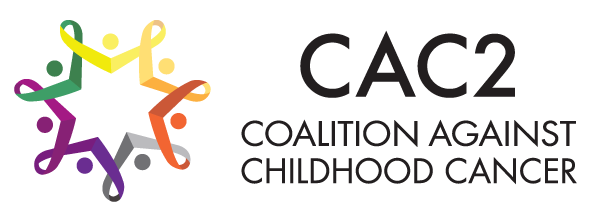Assorted news from the last week: National Cancer Institute released its Annual Plan and Budget Proposal for Fiscal Year 2022. This plan focuses on our enduring top priority — accelerating cancer research — and features four special scientific topics: cancer drug resistance, molecular diagnostics for cancer treatment, obesity and cancer, and cancer survivorship. Major League Soccer and Continental Tire teamed to raise awareness and funds for childhood cancer with the 7th year of the Kick Childhood Cancer campaign. Major League Baseball devoted Saturday, September 5 to childhood cancer activities around the league. Players wore gold ribbon decals and wristbands, and teams held ceremonial demonstrations to raise awareness for childhood cancer, the leading cause of death by disease among children in the United States and Canada. Drug shortages for children with cancer in Mexico: Over the past two years, there have been shortages of mercaptopurine and cyclophosphamide among other cancer drugs, including medications for nausea. NCI has planned a Facebook Watch Party on childhood cancer issues on September 23rd at 3:00 pm EDT. Dr. Lori Wiener expert on psychosocial care for for children and young adults with serious illnesses will provide answers to audience questions live on the NCI Facebook page. The most common genetic cause of alterations in pediatric patients with papillary thyroid cancer (PTC) were fusion genes, which were associated with more aggressive disease. FDA grants rare pediatric disease designation for experimental immunotherapy for acute lymphoblastic leukemia In a recently published report, the Australian group described their “Re-engage” program, a nurse-led intervention aimed at engaging, educating, and empowering survivors of childhood cancers who are no longer receiving cancer-related care through a distance-delivered live intervention requiring synchronous participation of the survivor and nurse. Study indicates that the utilization of assistive reproductive technologies by adult survivors of childhood cancer does not put offspring at additional risk for adverse perinatal or health outcomes.

